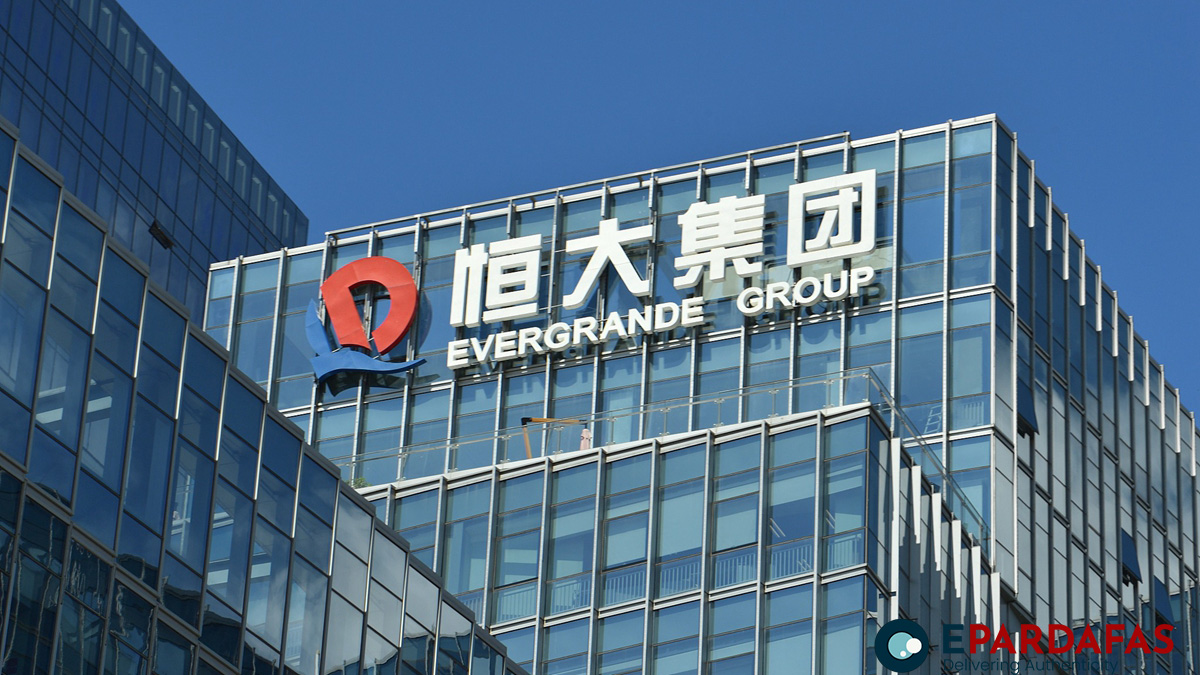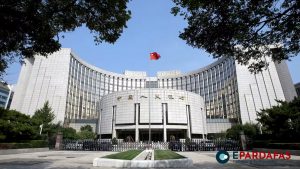
Evergrande Faces Liquidation Risk as Creditors Weigh Debt Plan

In a critical juncture for Chinese property giant Evergrande, a Hong Kong court is set to hold a hearing on Monday to assess the beleaguered company’s plans to restructure debts exceeding $300 billion, with the specter of liquidation looming large.
Evergrande, once the world’s most indebted property developer, encountered severe challenges when Chinese regulators imposed strict measures to curb excessive borrowing in the real estate sector. The company’s woes deepened last month when it revealed that Chinese police were investigating its chairman, Hui Ka Yan, for unspecified suspected crimes, adding another layer of complexity to its efforts to navigate financial troubles.
The Hong Kong High Court has postponed hearings on Evergrande’s potential liquidation multiple times, with Judge Linda Chan stating in October that Monday’s hearing would mark the final session before a decision is rendered. Should Evergrande’s restructuring plan face rejection by its creditors, the court may order the company to undergo liquidation.
In a setback last September, Evergrande abandoned its initial debt restructuring plan after authorities prohibited the issuance of new dollar bonds, a crucial component of its proposed strategy. The company had initially defaulted on financial obligations in 2021, just over a year after Beijing clamped down on lending to property developers to mitigate a property bubble.
Evergrande’s struggles are emblematic of broader challenges within China’s real estate sector. While it is one of the largest developers to default on debts, others, including Country Garden, China’s largest real estate developer, have also faced difficulties, sending ripples through financial systems both within and outside China.
The repercussions of the property crisis have extended to China’s shadow banking industry, with authorities investigating Zhongzhi Enterprise Group, a significant shadow bank in China that has lent billions in yuan to property developers. The group declared insolvency with liabilities of up to $64 billion.
China’s real estate sector played a pivotal role in the country’s economic growth, but extensive borrowing by developers has elevated total corporate, government, and household debt to over 300% of annual economic output—an unusually high level for a middle-income country.
To mitigate the spillover of troubles from the property sector into the broader economy, Chinese regulators reportedly have drafted a list of 50 developers eligible for financing support. These measures are part of a broader strategy aimed at bolstering the industry and preventing further economic fallout. The outcome of Evergrande’s restructuring efforts will be closely watched as it could set a precedent for how China addresses challenges in its real estate sector.












Comments